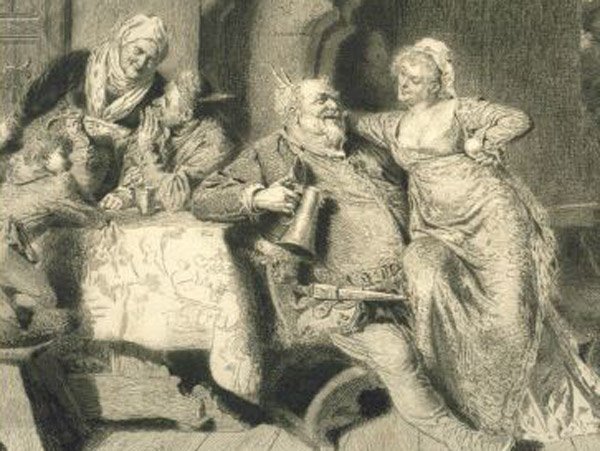And away he went, to drink the value of his cross …
I have been listening to Fyodor Dostoevski’s The Idiot on the iPhone, from Audible.com. It’s incredible. I just know I’ll have to read it as soon as I’m done with the audio.
[I do irk myself somewhat on having become such a fan of audiobooks, as well as eBooks. I’d considered myself a purist in this regard, but have now roughly — in two senses of the word — embraced both electronic … I will call them enhancements. But it’s not about one way or the author — or one way or the other, for that matter. It’s simply about getting good words out there, so they can do their metaphysical magic.]
The words in this case are those quoted in italics in the first line, above, and the story that follows. Prince Myshkin is telling Rogozhin a story of how a beggar pawning a tin cross to get money for getting more drunk lied to him, the prince, and told him it was silver. Lev Nikolaevich notes the drunk smiled at the thought he had cheated this gentleman out of a very small amount of money.
So we have a man drunk, who is begging, lying, selling the symbol of his salvation, and giggling inside about cheating Myshkin. And then of course he (the drunk) goes off to buy more booze. And the whole time — during the events of the tale and the recounting of it to the evil and lost Rogozhin — he (the prince) speaks no syllable against the man supposedly running a very short con on him. The story closes with this:
I’ll wait awhile before I condemn this Judas. Only God knows what may be hidden in the hearts of drunkards.
And that’s why the prince is also The Idiot, that is to say the best and kindest character in the entire book.
And that’s why I say The Idiot is incredible, and I can’t say all of why, let alone understand the reasons.
And that’s why, of course, among other more prosaic reasons, I shall never be Fyodor Dostoevski.
